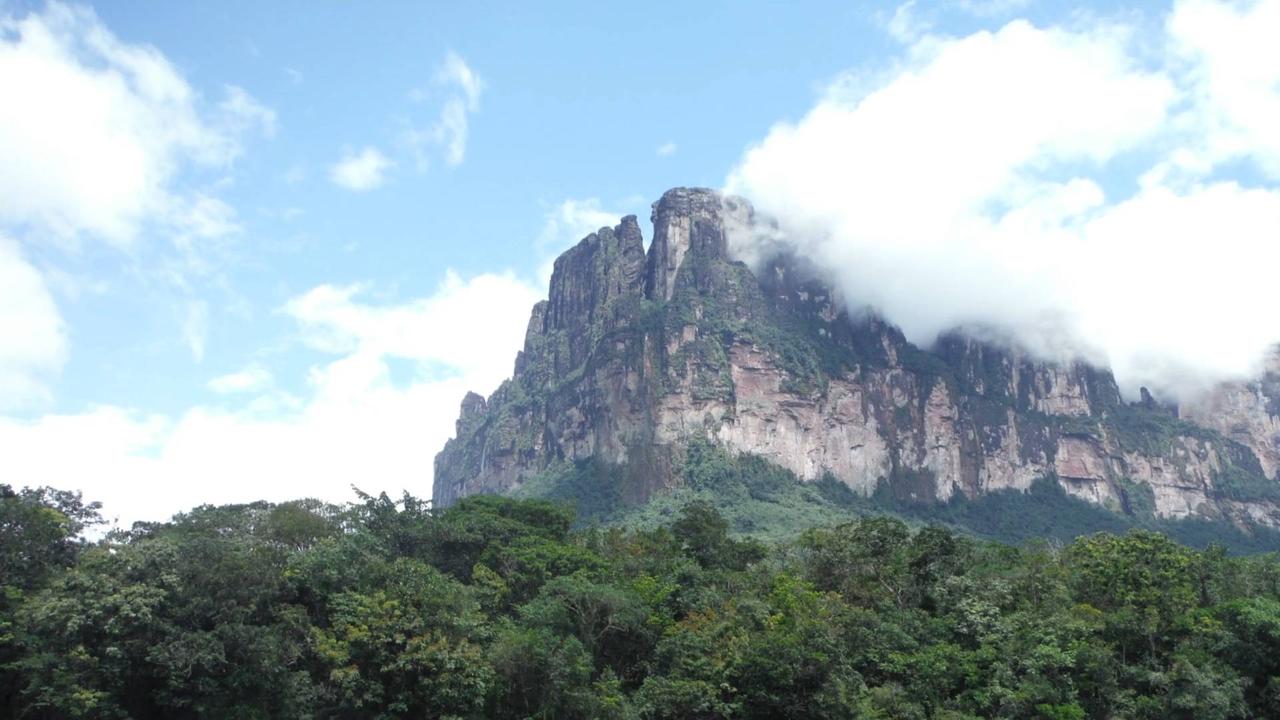
Venezuela , Loses Its Last Glacier , Amid Rising Global Temperatures.
BBC reports that scientists have warned that Venezuela may be the first country to have lost all of its glaciers after the nation's last glacier was downgraded to an ice field.
According to the International Cryosphere Climate Initiative (ICCI), Venezuela's last remaining glacier has now become "too small to be classed as a glacier.".
In the last 100 years, Venezuela has lost at least six other glaciers.
As a result of global average temperatures rising, ice loss is increasing globally, which in turn is raising sea levels.
There has not been much ice cover on the last Venezuelan glacier since the 2000s.
Now it's not being added to, so it has been reclassified as an ice field, Dr Caroline Clason, a glaciologist at Durham University, via BBC.
According to researchers at the University of Los Andes in Colombia, Venezuela's last glacier has already shrunk from 450 hectares to under two.
BBC points out that while there is no global standard for the minimum size that qualifies a body of ice as a glacier, the United States Geological Survey says 10 hectares is a commonly accepted minimum.
.
The Venezuelan government's plan to cover the remaining ice with a thermal blanket to stem the thawing process was met with criticism from local climate scientists.
However, Professor Mark Maslin, a professor of earth system sciences at University College London, cautioned that mountain glacier loss was "not directly reversible.".
Once a glacier’s gone, the sunlight heats the ground, makes it much warmer and makes it much less likely to actually build ice up over the summer, Professor Mark Maslin, a professor of earth system sciences at University College London, via BBC
